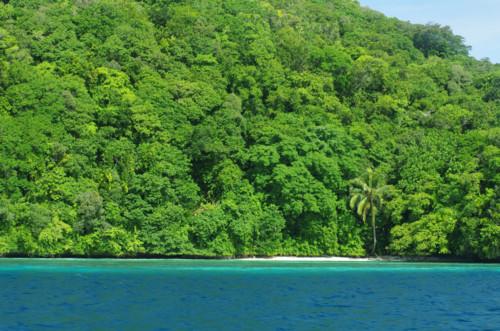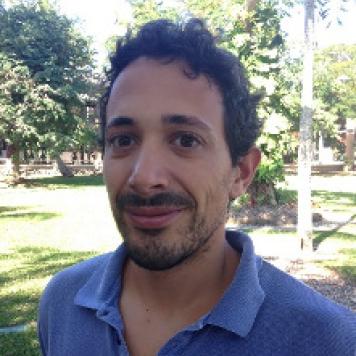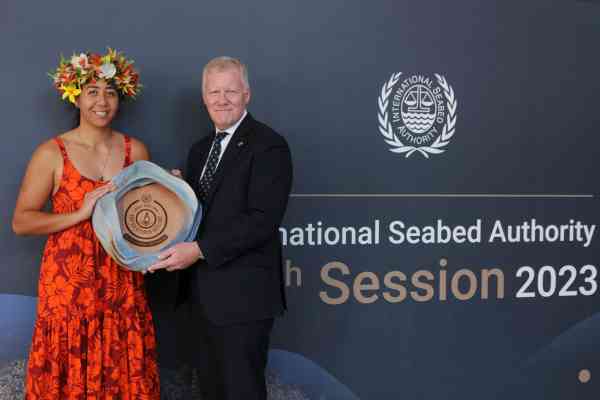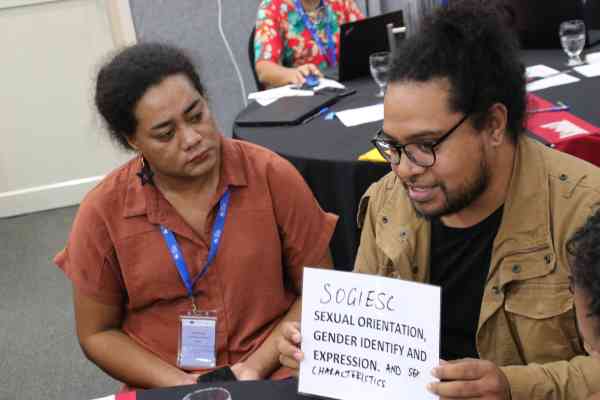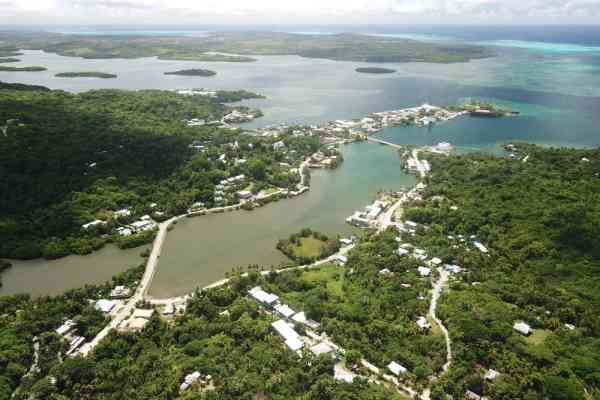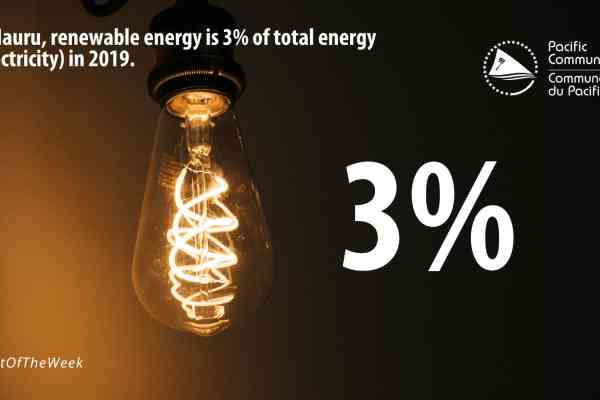Innovative economic and financial solutions for Pacific Island ecosystem resilience must be put to the test
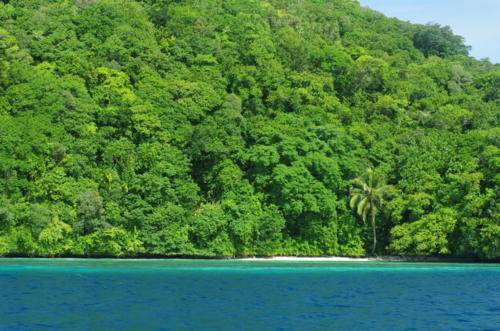
RESCCUE is a project that draws on local community knowledge and expertise in North Efate, Vanuatu to better manage coastal resources
Ecosystem protection and restoration are among Pacific stakeholders’ stated priorities for combatting climate change and adapting to its impacts. However, the relatively low level of funding currently attributed to biodiversity protection, together with ongoing losses, mean that continuing efforts must be made to find new approaches that are both innovative and pragmatic.
These numerous disparate approaches generally have in common a supposed adaptation to the economic and financial constraints that are increasingly dominating the world of action. So they are most often situated at a crossroads between ecology and economy, with the latter appearing to many to be, first and foremost, the science of rationalising activities.
Among those approaches whose implementation and use are often seen as innovative solutions to the problem of biodiversity loss, the following examples could be mentioned:
- The ecosystems services approach, which admittedly is not always directly linked to biodiversity and which favours a utilitarian view of nature, but which does offer a pragmatic basis for discussions with political leaders, the private sector and the general public;
- economic assessment of such services, whose many limitations are admitted by even its most fervent supporters, but which makes it possible to integrate monetary benefits and costs, hidden up to now because they have not been measured, into important development-related decisions;
- market instruments and other innovative financial mechanisms (e.g. payments for ecosystem services, biodiversity offsetting), which, as can be easily seen, are poorly identified, carry risks and have not proven their effectiveness, but which do make it possible to gain a glimpse into a future that is less dependent on public funding;
- “prioritising” those aspects of biodiversity that will be saved, which encourages an overall optimisation of funding for biodiversity (e.g. leaving aside the mining scrubland in New Caledonia for Vanuatu’s forests, or the coral reefs in one county for those in another country where protection is more efficient). A mechanism that is undoubtedly very shocking to many conservationists who are deeply attached to biodiversity but a proof of lucidity and an inevitable step towards optimising resource allocation for certain other experts.
The very lively debates generated by these economic and financial approaches, designed to be both innovative and pragmatic, often pit the proclaimed supporters of “realism”, on the one hand, against those of a certain type of nature ethics, on the other, who then confront one another over positions of principle.
However – and without denying the virtues of these debates– it now appears crucial for these discussions to focus more on the pragmatic aspects, by comparing these approaches to the realities in the field. If this economic and financial “toolbox” still appears innovative - if not new - particularly in the Pacific, that is undeniably because it has not yet reached the stage of maturity needed to incite ownership by those involved or for it to be fully integrated into public policies and management systems. However, that level of maturity will come about mainly through putting such actions to the test.
That is the logic behind the RESCCUE project, which is designed to increase Pacific Island societies and ecosystems’ resilience to climate change by implementing integrated management of coastal areas. In addition to its outcomes at various pilot sites, this project, implemented by SPC with AFD and FFEM funding, also targets a collective regional learning process based on innovation and experience.
Initial feedback from the field, from Fiji to New Caledonia and including French Polynesia and Vanuatu, is already providing fairly precise indications about the validity of the assumptions underlying the promotion of ecosystem services and their economic assessment particularly in the specific context of Pacific Island societies. Depending on the sites considered, the complexity of ecological processes, the cruel lack of data or even the low population density combined with a subsistence economy can be major challenges to an increased use of economic assessments as a lever for better integrating environmental concerns into the key decisions that determine development pathways.
In the same way, the project is in the process of delivering hard data about the right conditions for introducing “innovative” economic and funding mechanisms that will really support biodiversity-protection and climate-change policies. The issue of the ratio of transaction costs to the funding actually generated, in particular, is increasing in significance as the large number of pilot experiments prompts us to examine the prospects of a change in scale for implementing such mechanisms.
A change in scale, from experiments to routine practices, that remains the litmus test for any innovative approach.
